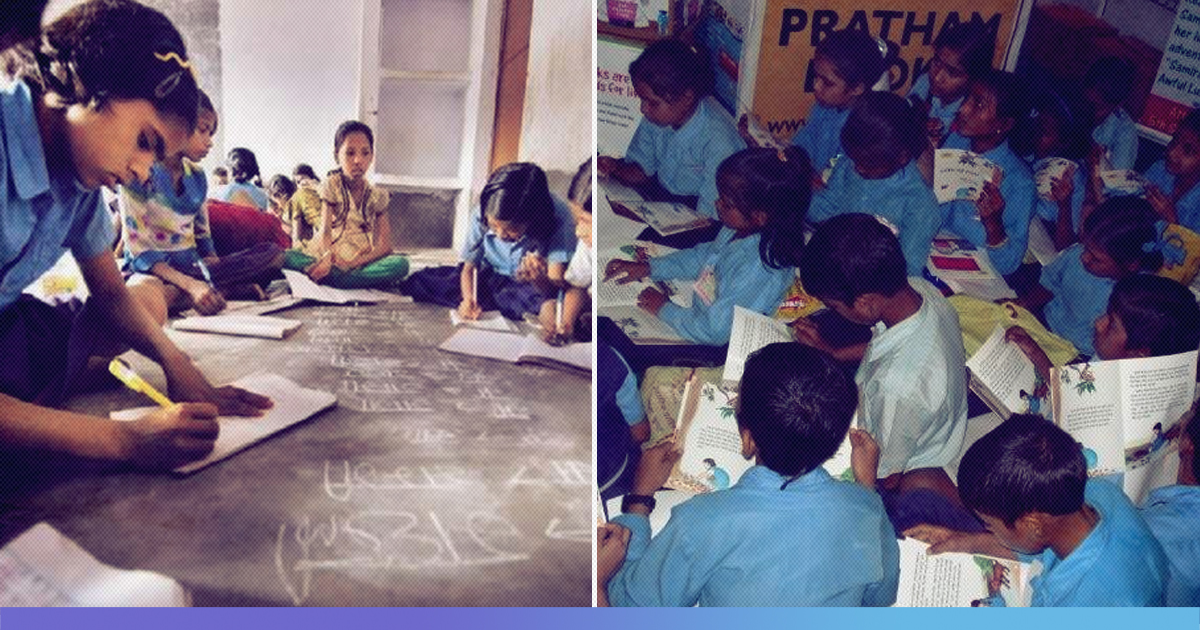Barely three months before board exams, the Council for the Indian School Certificate Examinations (CISCE) dropped noted Hindi writer Krishan Chander’s ”Jamun Ka Ped” story, a well-known satire on red tape, from the class 10 Hindi syllabus.
Although CISCE has not mentioned any reason for the move, noted poets are questioning the decision.
“The story ”Jamun Ka Ped” under short stories of Hindi ICSE (class 10) prescribed textbook will not be tested for the year 2020 and 2021 examination. The concerned teachers and candidates should be informed accordingly,” NDTV quoted an official order by the ICSE.
Secretary and Chief Executive of the council, Gerry Arathoon, refused to comment on the reason. Also, it is not clear whether the decision will be reversed later, or has been taken for only 2020 and 2021 academic sessions.
What Story Does ‘Jamun Ka Ped” Tell?
Jamun Ka Ped was written in the 1960s, and is a satire on bureaucratic red tape. It traces the story of a well-known poet getting trapped under a Jamun tree after a thunderstorm, in the lawns of a secretariat building.
For the poet to be rescued, the tree needs to be cut. However, the buck keeps on passing from a gardener who reports the issue to a peon, who then takes it to the clerk, after which it finally reaches the building superintendent.
Since the man involved is a poet, the request lands up in the culture department’s desk after clearance from the forest department. Since the tree was planted by a neighbouring country’s prime minister, the culture department passes on the matter to the foreign affairs department.
After the department rejects the request saying it may affect ties with the foreign country, the matter passes Prime Minister’s office. The Prime Minister, however, is on a foreign trip.
When the Prime Minister returns, the request is placed before him and he gives permission to cut the tree and save the man. By the time the Prime Minister’s order reaches the building superintendent, the poet is dead.
What Are Poets And Authors Saying?
“This text definitely should not have been removed. It is a satire on how those running our country do not value human life enough. It talks extensively about bureaucratic red tape. Had it been in the syllabus of students who are too young to understand the story, the step could still be justified. However, for senior students, understanding the system is an essential part of their education,” Dr Pratibha Trivedi, Hindi author and freelancer, tells The Logical Indian.
Krishna Chander also wrote in English also wrote in English, besides Hindi and Urdu. He has written screenplays for Bollywood films like ”Dharti Ke Lal”, ”Mamta” and ”Sharafat”.
According to Veteran Hindi poet Ashok Chakradhar, the students are mature enough to understand the satire. “I think students of class 10 are mature enough to understand satire and decide what is appropriate or inappropriate. If the decision-makers think red tape is over in the country then they should sure remove ”Jamun Ka Ped” from textbooks because the story’s purpose has been achieved,” he said.
Bhopal-based poet Rajesh Joshi echoed his views: “It is not like students of class 10 do not understand what corruption is…The government should be able to face it. This situation is like removing a mirror from your house instead of fixing your face.”
“This particular story is among the top 10 best satire works that I have come across. The students who now study complex mathematical and scientific problems in schools are aware of what is happening is establishment. How files get stuck in the red tape of the system for years. The establishment has always feared satire,” said Jaipur-based author and leading satirist Sampat Saral.
Also Read: CBSE Increases Student’s Board Exam Fee By 24 Times, Parents Calls It ‘Unconstitutional’











